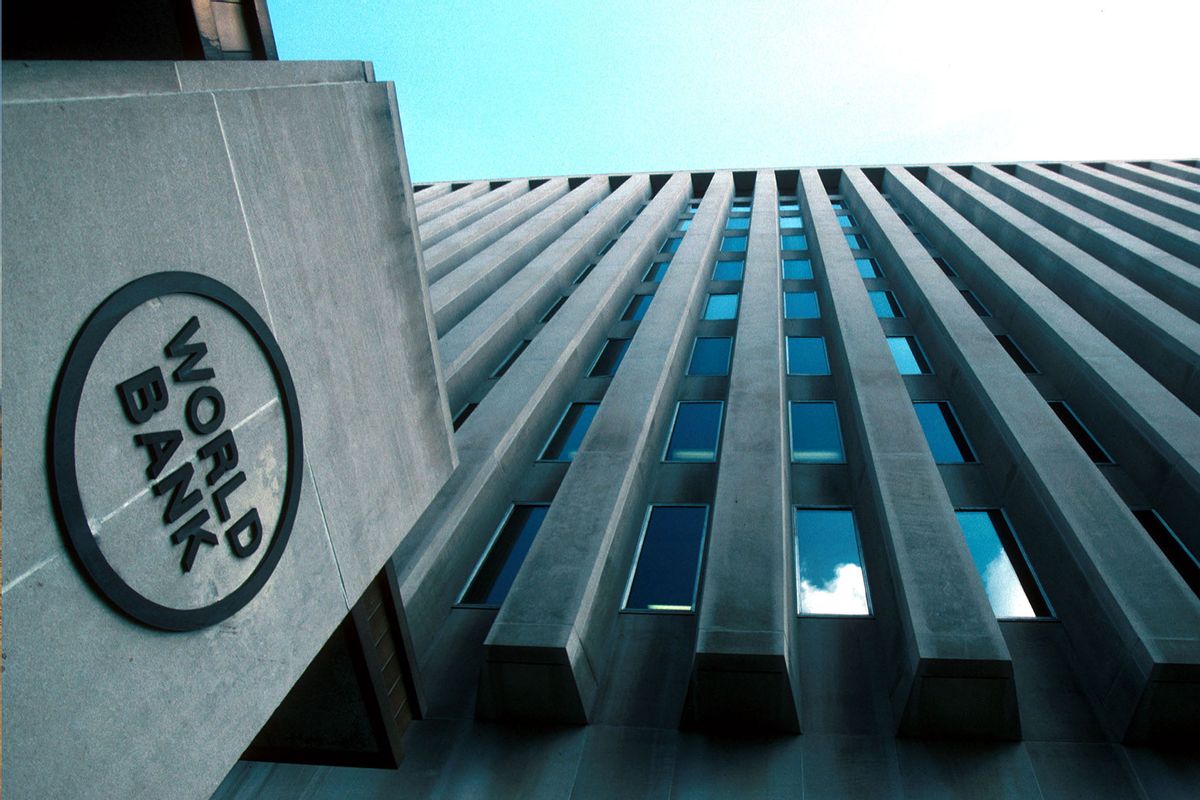World Bank leader accused of climate denial says he’s stepping down

The president of the World Bank is stepping down from his post, a move many link to his controversial statements about climate change last fall. David Malpass announced his resignation this week, saying he would leave at the end of June, nearly a year before the completion of his five-year term.
Last September, at a climate change event hosted by the New York Times, Malpass was repeatedly asked if he accepted the scientific consensus that fossil fuels were a leading cause of climate change. His answer — “I’m not a scientist.” — prompted immediate calls for his resignation from environmental activists, policy makers and world leaders.
While Malpass later apologized and claimed on TV “I’m not a denier,” the incident further cemented doubts about the bank president’s commitment to address the climate crisis.
The World Bank and its sister institution, the International Monetary Fund, were established in the wake of the devastation of World War II to provide funding for reconstruction and to reduce poverty. The bank now provides billions of dollars in funding primarily to developing countries, with a stated purpose to support projects that reduce poverty and promote economic development.
In January of 2020, Malpass shocked other multinational development institutions after he turned down an invitation to attend a Davos gathering of world leaders and policy makers to address both poverty and climate change. Malpass was appointed by the Trump administration in 2019.
The World Bank itself has been no stranger to controversy around climate change in recent years. In 2021, the bank said that it had committed $25 billion dollars annually over the next four years to support projects that would reduce greenhouse gas emissions, poverty and inequality, among other climate financing goals. But climate and environmental activists have claimed that up to 40% of the bank’s climate financing funding could not be independently verified.
At the same time, the World Bank has been criticized for being averse to lending to developing countries that are reeling from devastation from extreme weather as a result of climate change. At the United Nations climate summit in Egypt last fall, Mia Mottley, the prime minister of the Caribbean island nation of Barbados, publicly criticized the financial institution for allowing countries like hers to suffer under mounting debt while being asked to cover the costs of rebuilding critical infrastructure on their own. Mottley proposed reform to the bank’s lending policies, specifically calling forth a plan that would include a loan clause allowing countries hit by natural disasters to suspend repayments.
Developing nations like Barbados have borne a disproportionate amount of the impacts of climate change, which include rising sea levels, as well as more extreme weather, from more powerful hurricanes to longer and more severe droughts. In response to Mottley’s proposal, a number of global leaders and climate activists have called on the World Bank and other development institutions to do more to finance renewable energy projects as well as resilience plans without taking on more debt.
The leadership of the World Bank has traditionally been a U.S. citizen and selected by the United States. Rajiv Shah, a former head of USAID, has already been mentioned as a possible candidate to replace Malpass.

